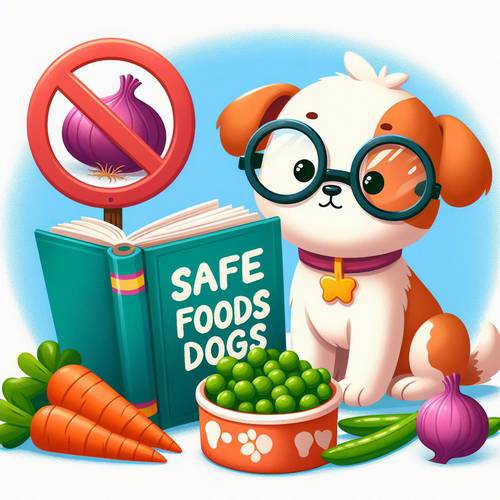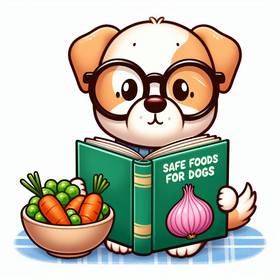Chemicals in onions that are toxic to dogs
Onions contain a toxic compound called N-propyl disulfide, which can lead to the destruction of red blood cells in dogs, causing a condition called hemolytic anemia. Unlike humans, dogs lack the necessary enzymes to safely break down these compounds, making them highly susceptible to onion toxicity.
All parts of the onion plant are toxic to dogs, including the flesh, leaves, juice, and processed powders. Even cooked or powdered onions pose a risk to dogs, so it's crucial to keep them away from any onion-containing foods. If you suspect your dog has ingested onions, seek veterinary care promptly.
All parts of the onion plant are toxic to dogs, including the flesh, leaves, juice, and processed powders. Even cooked or powdered onions pose a risk to dogs, so it's crucial to keep them away from any onion-containing foods. If you suspect your dog has ingested onions, seek veterinary care promptly.
Effects on a dog's red blood cells
Red blood cells play a crucial role in a dog's health. These cells, also known as erythrocytes, transport oxygen to tissues and remove carbon dioxide. When there are too few red blood cells (a condition called anemia), dogs experience fatigue and weakness due to reduced oxygen delivery.
Conversely, polycythemia, where there are too many red blood cells, thickens the blood and impairs oxygen distribution. Anemia can result from various causes, including blood loss, immune-mediated disease, and toxins. Recognizing anemia's symptoms, such as pale gums, is essential for timely intervention.
Conversely, polycythemia, where there are too many red blood cells, thickens the blood and impairs oxygen distribution. Anemia can result from various causes, including blood loss, immune-mediated disease, and toxins. Recognizing anemia's symptoms, such as pale gums, is essential for timely intervention.



